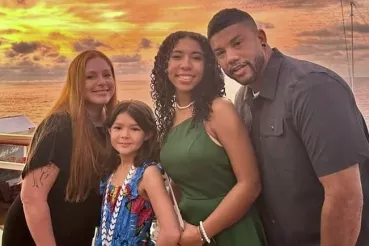Ever hear someone say something overly blunt or tell a joke at the wrong time? Has a coworker talked too loudly or stood too close to you? That person might have autism spectrum disorder, says psychiatrist Lisa Yeh, MD, medical director of the Autism Assessment, Research, Treatment and Services (AARTS) center at Rush University Medical Center.
“You may not realize there is a person with autism in your world hiding behind a mask,” Yeh wrote in a column published by KevinMD.com titled “Autism Spectrum Disorder and the Masks We Wear.”
People with autism who speak well and have good cognitive abilities, may be misunderstood, according to Yeh. They are able to do a lot of things, but still struggle with social skills, sensory issues and other characteristics of autism while they try to fit into a non-autistic world.
“They are likely to pretend they understand and less likely to ask clarifying questions,” she wrote. “This struggle with social communication often impedes their ability to get the help and support needed. It impacts friendships, relationships with colleagues and significant others.” Kevin Pho, MD, host of the KevinMD podcast, asked Yeh to share how people might recognize a colleague who has autism and be supportive.
“When we start to struggle with someone, maybe we should step back” and ask what those issues might be, she said. “Is it a social communication issue? Is it something that might be sensory related?
“Taking that step back may help us feel like we are able to work with them or have a relationship with them. And that goes a long way in helping them feel more accepted.”
April is Autism Awareness Month. To learn more about autism and resources available to children, adults and families, visit the AARTS web page.




